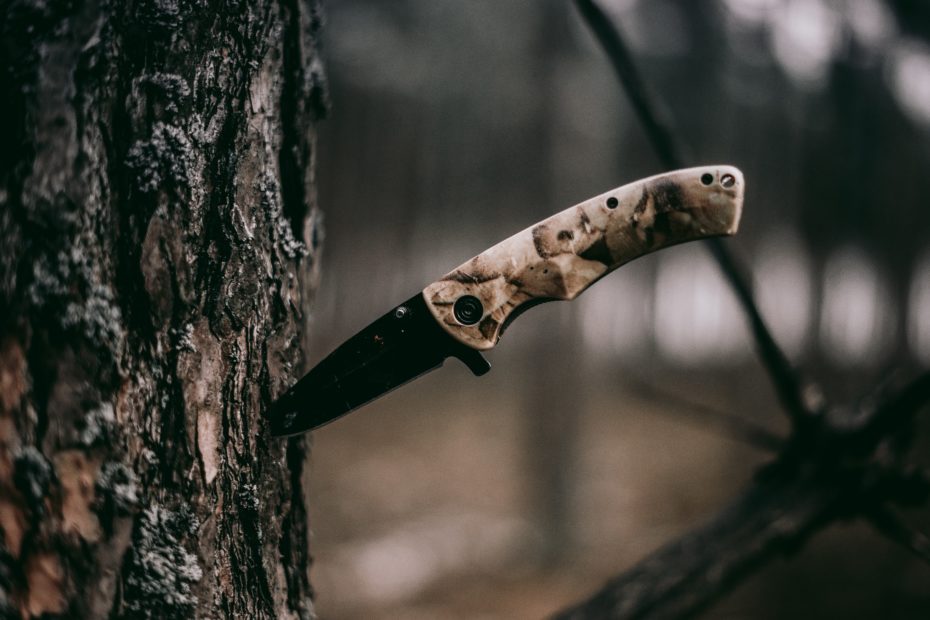In stock trading, falling knife refers to a stock that experiences a sharp decline in its trading price. Following is some information on this investing term, and some advice on how to deal with it.
Stock Trading Falling Knife
The falling knife is a stock that experiences a sharp downtrend, which leaves its price very low. This often results from panic selling, or capitulation, which leaves a value perhaps lower than it should be, as its actual worth is higher than the price (in its being oversold), or it can result from an actual decrease in a company’s worth based on its performance.
How to Deal with Investing Falling Knife
If a stock experiences a steady downtrend, likely, those in possession of it will unload. However, if the downtrend’s parameters can be identified, it can be best to hold onto stock or even buy into it after a sharp decline.
If a downtrend ends, the falling knife could rebound, making shares worth more and more, especially if bearish sentiment expires, and traders begin to realize that a stock was oversold. If, however, there is little hope of improvement, staying as far away as possible from the falling knife is safest.
Risk and Investing Falling Knife
There is a lot of risk in dealing with a stock that has sharply decreased in value. In buying into it at the end of a downtrend, there are great potential gains to be had, but there is also similar risk. There is no guarantee that the stock will not continue dropping, even after its downtrend has paused or seemingly ended. It is even possible that a company could go bankrupt, so if an investor buys into stock after it has experienced sharp declines, the only way that the investment will prove to be even remotely worthwhile is if it improves.
A falling knife stock could continue plummeting even without poor performance on the part of the company for which its shares represent ownership. If negative sentiment is maintained, or increased, the value could keep dropping, even if this sentiment arises only from investor speculation. Eventually, a stock could be driven into the ground, and bankruptcy could result simply from its trading in a bear market.
Before dealing with such stock, investors should thoroughly analyze it, and make justified predictions about its course. If it seems likely to continue dropping, bailing or refraining from buying into the falling knife is ideal. If, however, there seems to be evidence that it will rally, it can be wise to take on shares to sell them later after a price increase.
By clicking on the click and signing up for an account, I earn a commission, no extra on your part 🙂
